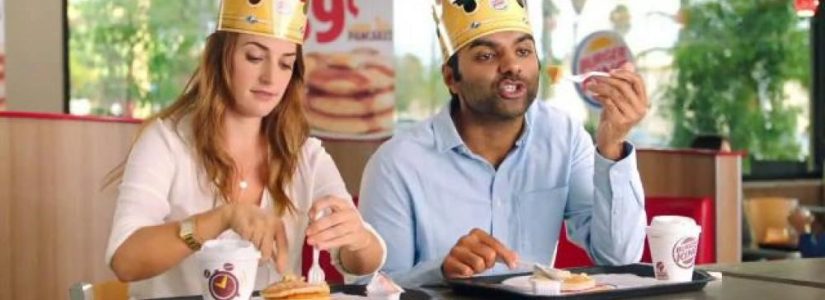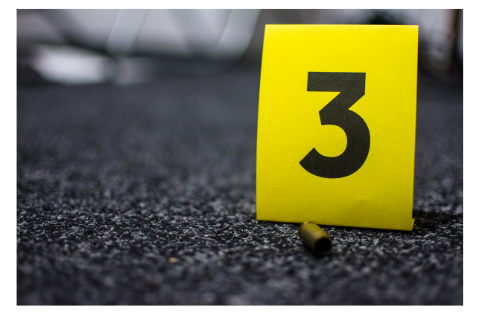- CALL US:
- (800) 969 2636
Speech Coaching

RADIO IS NOT AN AFTERTHOUGHT. RADIO IS A PRIMARY DRIVER.
August 9, 2016
Rock Is On A Roll: Alternative Goes Mainstream
December 6, 2016You’ve probably seen the latest Burger King TV ad where two twenty-somethings sit side by side eating pancakes.
He asks, “What would you do for three pancakes for 89 cents?”
She replies, “I’d – pay 89 cents. What would you do for three pancakes for 89 cents?”
And he answers, “I’d hug a shark.”
It took me four exposures to this ad to realize he was saying that he’d hug a shark. The first time, I missed it and it passed me by. The second time, I still didn’t understand him, but noticed I didn’t understand. The third time, I listened hard and heard, “I dug a shark,” then deduced he was saying “I’d hug a shark.” Of course, by then, the mildly-smirk-worthy joke had lost its bite and all I could see was the half-chewed pancake in the actor’s mouth as he spoke his line.
Forget for a moment that offering to “hug a shark” for 89-cent pancakes defeats the purpose of the ad, which is to say that 89-cent pancakes are so darned affordable you wouldn’t need to risk your life. You could just pay 89 cents. But the garbled punchline gives the viewer that split-second disconnect to think “Huh?” and lose their train-of-thought link with the ad.
I don’t know how many takes of this scene were shot, but they didn’t get it right. Let’s break it down. “I’d hug a shark” could easily be mistaken for “I dug a shark” because the “h” in “hug” is a soft consonant, following the hard “d” in “I’d.” Had they chosen “I’d kiss a shark” there would be no confusion. In fact, the visual of kissing a shark might even be funnier than trying to hug one. Moreover, the millions spent on media wouldn’t be devalued when viewers like me were lost trying to decipher “I dug a shark” instead of processing that three pancakes now cost 89 cents.
When we at The Radio Agency produce radio commercials, we drive our poor voice talent crazy getting things right in the studio. We have talent repeat every line multiple times using various inflections and intonations, so that when we get to post-production, we have everything we need to build the perfect spot. That’s even more urgent in television, considering their 100% incremental costs (over radio) for set, lighting, wardrobe and make-up. And camera crew. And craft services. And more.
No doubt, the pancake director and talent thought they had nailed it on set, or else they’d still be adjusting their cardboard crowns and recording fresh takes. But the finished product belies that conclusion and reminds us all to listen hard during a session and let enough objective ears weigh in to say “That’s it!” or “Try it this way.” The few extra dollars spent to get the right take will well offset the thousands (or millions) in media time spent to make consumers shrug “Huh?”




